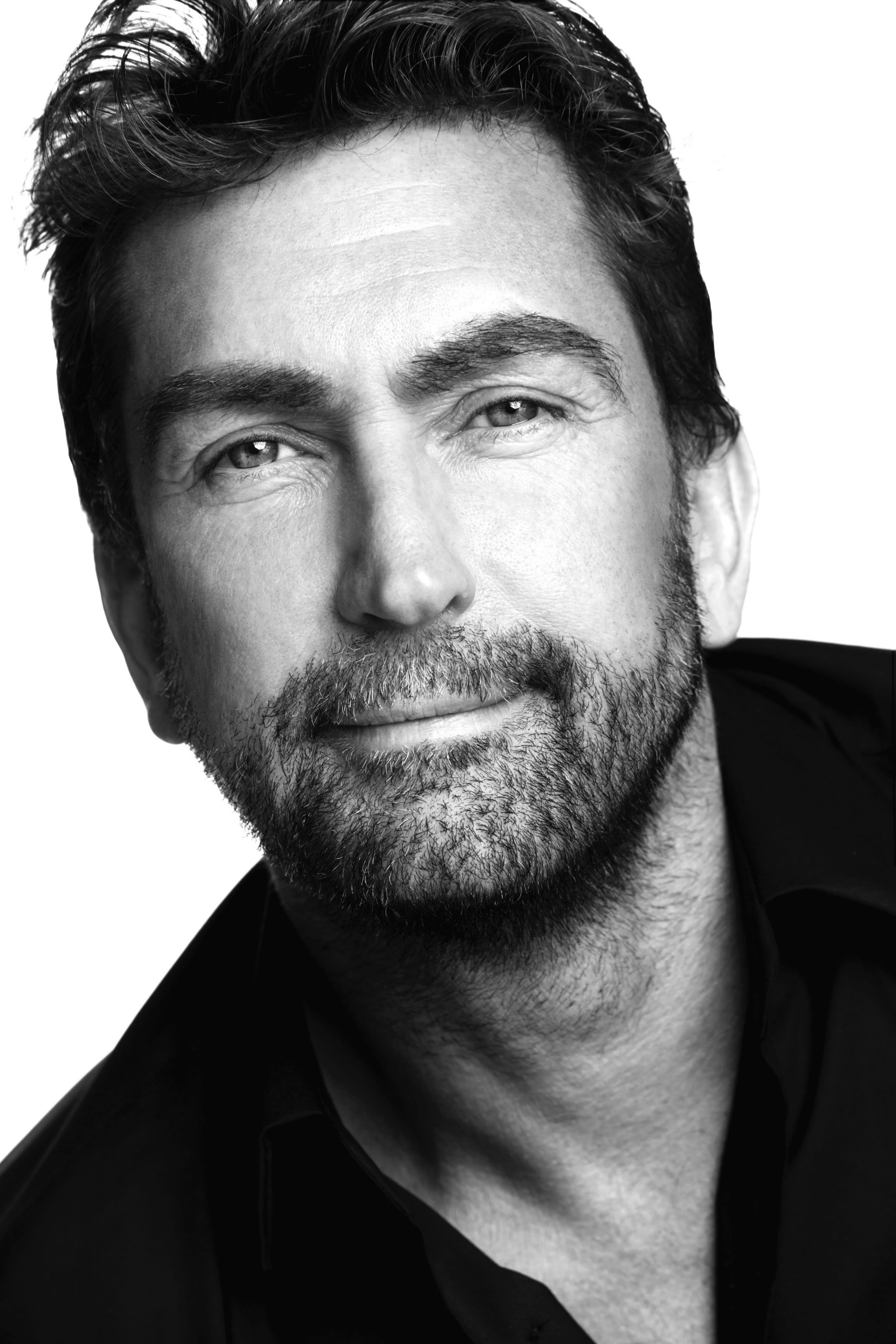
Build a Rocket Boy, a Scotland-headquartered game development company founded by one of the former lead developers behind the Grand Theft Auto franchise, today announced it has raised $110 million in a Series D round of funding.
The funding comes ahead of the much-anticipated launch of the company’s first titles and immersive open-world platform.
Leslie Benzies is perhaps better known as the former president of Rockstar North, driving development of its smash hit Grand Theft Auto series starting from the third installment in 2001, through each subsequent title until departing the company in 2016 following a 17-month sabbatical. That same year, Benzies initiated legal action against his former employer, arguing that he had effectively been kicked out and denied a share of the game’s profits. A substantial portion of the complaints were thrown out in court two years later, with the parties finally reaching a confidential settlement in 2019.
Throughout much of this, Benzies was laying the foundation for his next big project.

Initially called Royal Circus Games (named after a prestigious address in the company’s home city, Edinburgh), lawyers representing Rockstar parent company Take-Two Interactive argued that the “RCG” acronym was strikingly similar to Rockstar Games (RSG), and was deliberately designed to confuse. Whether its name-change was a direct result of this accusation isn’t clear, but Royal Circus Games morphed into Build a Rocket Boy in 2018 and went on to raise at least $40 million in funding to develop and commercialize a suite of new titles.
While these have yet to see the official light of day, the company has teased a new immersive open-world platform called Everywhere, pitched as “community-driven gaming” where players can build their own world — in what could perhaps be construed as something akin to Roblox. And then there is MindsEye, touted as a “story-driven action adventure.”
Both titles are slated for launch “in the near future,” while the company is also introducing a suite of user-generated content (UGC) design tools it calls Arcadia.
“I started Build A Rocket Boy so that I could continue to share the stories I love with players and give them a place to create and share,” Benzies said in a press release. “We believe in a future where game creation is put in the hands of the players, and we will empower them with the tools to help shape this vision with us.”
Build a Rocket Boy’s Series D round was led by New York-based investment firm RedBird Capital Partners, with participation from NetEase Games, Galaxy Interactive, Endeavor, Alignment Growth, Woodline Partners and GTAM Partners, among others.
Aside from its headquarters in Edinburgh, Build a Rocket Boy has opened additional development hubs in Budapest (Hungary) and Montpellier (France).




